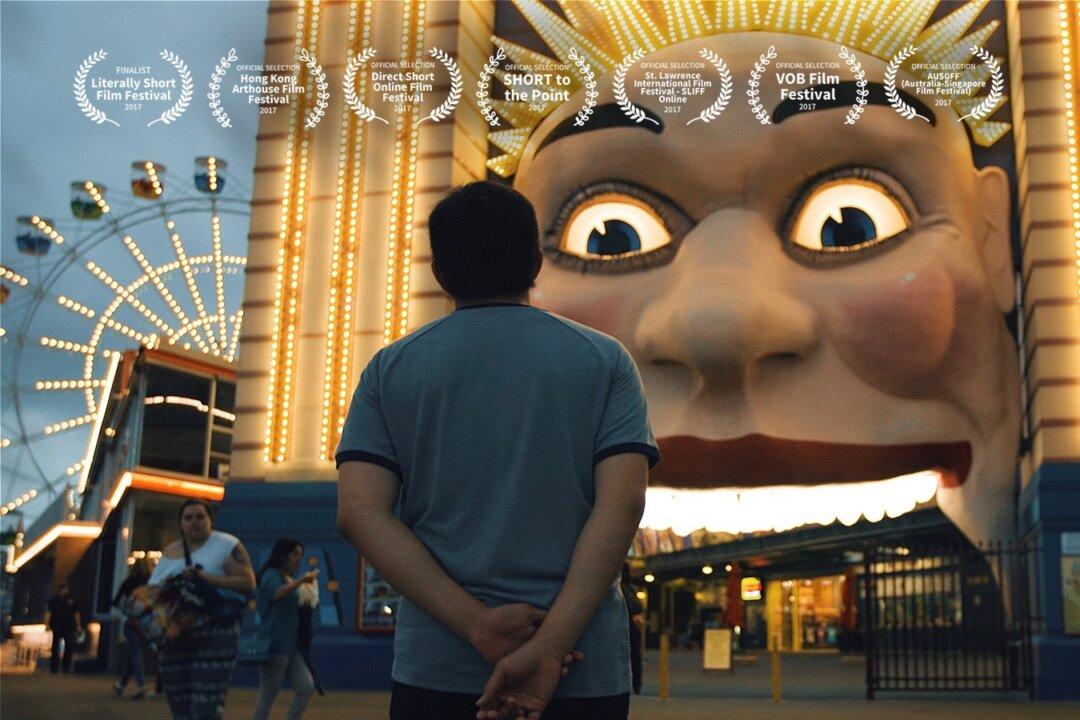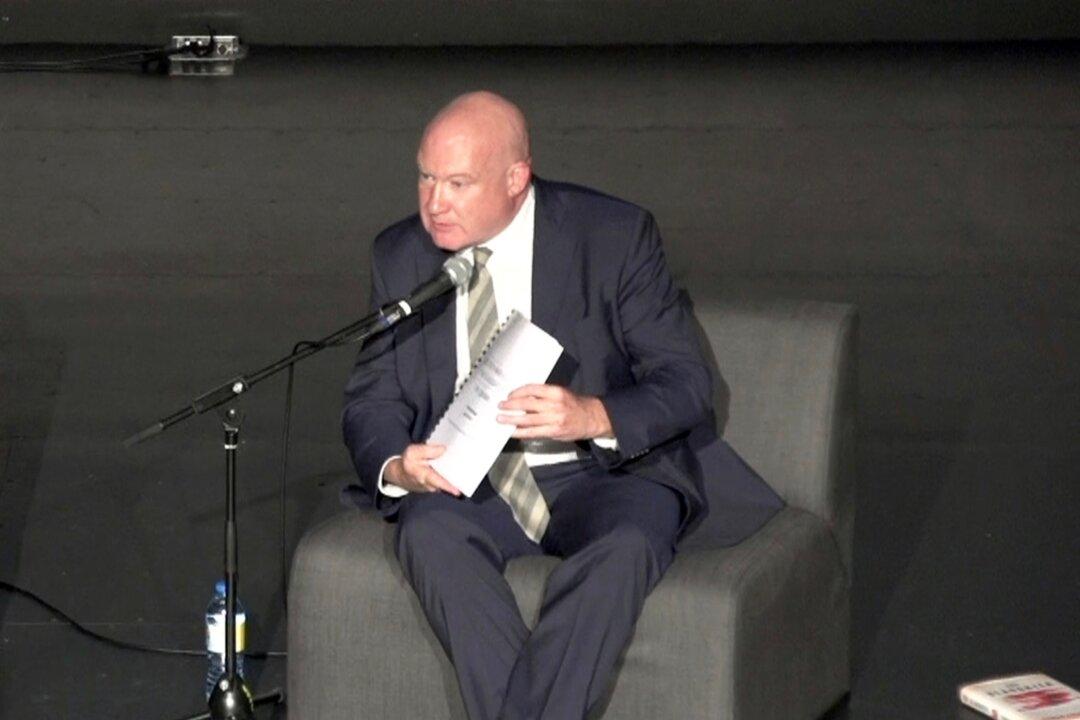A Chinese male student who worked as a spy while studying overseas has been granted an Australian protection visa after claiming that he will be persecuted if he returns to China.
The man, whose name remains undisclosed, submitted an application for review to the Australian Government’s Refugee Review Tribunal (RRT) after he was initially denied a protection visa by the Immigration Department.
The initial Immigration Department decision was overturned by the Tribunal, which recognised him as a protected person under the Refugee Convention.
The young man’s story began in a city in China’s Fujian Province, where he joined the Police Academy after graduating from high school. At the academy, he was selected by the National Security Bureau (NSB), also known as the Ministry of State Security, to study overseas with all expenses paid for by the bureau.
There was just one catch; in exchange for the overseas scholarship, the man was required to monitor Chinese students with anti-communist sentiments and to report on the activities of Falun Gong practitioners.
The man and his father signed a contract saying if he didn’t fulfil these duties, both would be liable to repay the money and subject to “punishment”.
Despite signing the contract and seriously implicating his family, the man admitted to the RRT: “I just wanted to have the chance to study in the overseas...I never intended to do anything for the NSB.”
The young student then underwent a month of intensive language and cultural training alongside many other students recruited by the NSB.
The student was then sent to an undisclosed overseas country, where he was to report regularly to two contact points, or “handlers”, who assigned the students specific tasks to collect information.
When the student failed to provide intelligence, the handlers threatened to force his family to pay the money as per the contract.
The student’s situation took an unexpected turn when he befriended one of his housemates, a young woman who he soon discovered was a Falun Gong practitioner, after seeing her practising the meditation exercises.
He found the young woman to be a “very kind and friendly” person, and chose not to report her to his handlers, instead warning her that there were spies from China in the country and that she needed to “take care of her safety”. The woman later returned to China and the two kept in contact.
Later, the handlers requested that the young spy find out the identity of another student who had sent to China copies of Falun Gong books and the Epoch Times report, Nine Commentaries on the Communist Party.
The report, viewed by the Chinese Communist Party (CCP) to be “anti-communist”, is linked to the global “Quitting the CCP” movement that has facilitated over 120 million Chinese people declaring their withdrawal from the Party and its affiliated organisations.
That student who had sent the materials was in fact a friend of the female Falun Gong practitioner. In a telephone conversation, the young spy told his friend the truth, revealing his role with the NSB and saying she should warn her friend.
This information leak caught the attention of the NSB, who branded the young man a traitor and sought out his family in China for punishment.
His father was brought in for interrogation and told that because of his son’s “anti-government” and “anti-communist” activities, the family now owed 500,000 yuan (A$74,900) to the Chinese regime.
The family was given three months to repay the impossible amount and were forced to go on the run, moving from place to place to avoid the authorities.
The young woman was also arrested by the NSB in Heilongjiang.
The student was remorseful in his statement to the RRT, saying: “I detest in my heart very much that the Communist Government always infringes on basic human rights of Chinese citizens and firmly believe that everyone have the right to freedom of thought, conscious [sic] and religion.”
A record of the RRT’s hearing and decision can be accessed at www.austlii.edu.au.
The Epoch Times publishes in 35 countries and in 19 languages. Subscribe to our e-newsletter.
Click www.ept.ms/ccp-crisis to read about the most recent developments in the ongoing crisis within the Chinese communist regime. In this special topic, we provide readers with the necessary context to understand the situation. Get the RSS feed. Get the new interactive Timeline of Events. Who are the Major Players?



